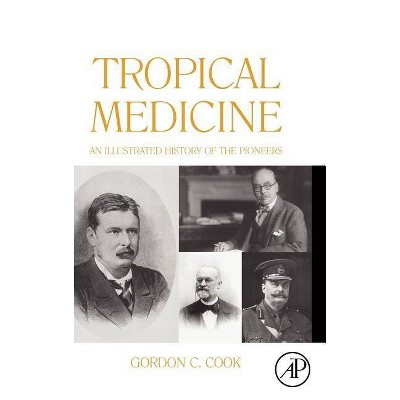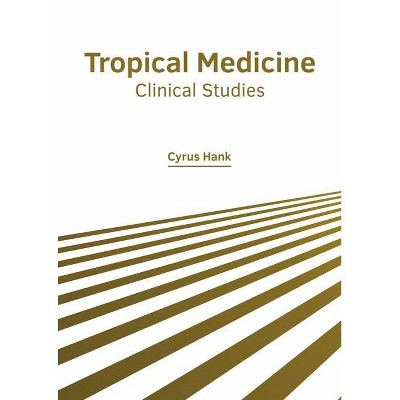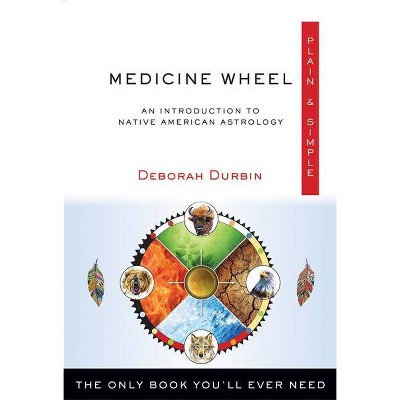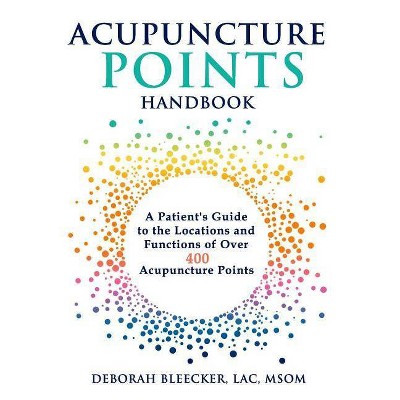Networks in Tropical Medicine - by Deborah Neill (Hardcover)
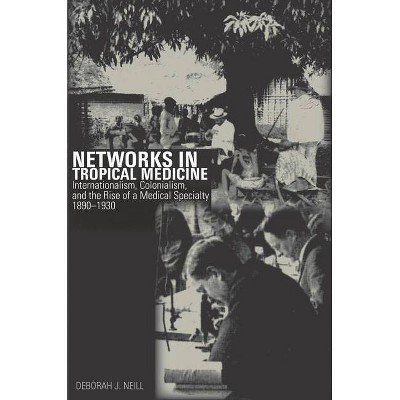
Similar Products
Products of same category from the store
AllProduct info
<p/><br></br><p><b> About the Book </b></p></br></br>This book explores the transnational character of tropical medicine as it was practiced in Europe and Africa in the late nineteenth and early twentieth centuries.<p/><br></br><p><b> Book Synopsis </b></p></br></br>This book explores the transnational character of tropical medicine as it was practiced in Europe and Africa in the late nineteenth and early twentieth centuries.<p/><br></br><p><b> Review Quotes </b></p></br></br><br><i>Networks in Tropical Medicine</i> is a beautifully written--scarcely a sentence is wasted--and the book is a valuable addition to the literature that draws together and builds on the existing historiography.--James F. Stark "<i>Canadian Bulletin of Medical History</i>"<br><br><i>Networks in Tropical Medicine</i> is one of the most substantial contributions to a new strand of research. . . [I]t not only offers an ambitious transnational analysis of European tropical medicine before 1914, but also provokes new questions that transcend the book's conscious geographical, chronological and thematic confines. Hence, one can only hope that this groundbreaking and thought-provoking book, situated at the intersection of studies in transnationalism, colonialism and the history of tropical medicine, finds a broad audience in all these fields and sparks further research along similar lines.--Samuel Coghe "<i>H-Net</i>"<br><br>[L]iterary, sociological, and cultural scholars will find much of use here . . . Natural connections exist between Neill's fine work and perspectives shaped by the alienation implicit in elements of the Enlightenment project . . . Neill's work in <i>Networks in Tropical Medicine</i> seems quite likely to elicit significant response beyond the historical perspectives that comprise its primary audience.--Lindsay Parker "<i>The Year's Work in Critical and Cultural Theory</i>"<br><br>[Neill's] book is more wide-ranging than this summary of her argument suggests, and Neill deftly weaves her different themes together in an admirably clear analysis. Moreover, her book offers a genuinely transnational treatment of her topic . . . This reviewer would recommend this for lay readers and scholars interested in Africa, empire, or the history of medicine and science. Neill's methodology offers a very useful example to scholars who tackle transnational topics, and the book would be a worthwhile addition to a graduate class or an upper-level undergraduate class engaging with any of the fields mentioned above.--Rachel Anne Gillett "<i>Journal of American Culture</i>"<br><br>[Neill] aptly reconstructs intellectual networks between the metropole and the imperial territories, persuasively disrupting previous notions of medicine and empire.--Jennifer Johnson "<i>Contemporary European History</i>"<br><br>Deborah Neill makes an important and original argument about the interplay of nationalism and internationalism in the European colonial project. In emphasizing the internationalism of colonialism, <i>Networks in Tropical Medicine</i> shows how the rise of international organizations continued significant aspects of the formal colonial rule that they also displaced.--Andrew Zimmerman "George Washington University"<br><br>Deborah Neill proposes a new approach to the emergence of tropical medicine, one shaped by recent reassessments of the European colonization of Africa between 1885 and World War I . . . Neill's study of medicine highlights the networks of scientists and doctors across both Europe and the European-controlled territories of Africa in order to demonstrate the relationship of this emerging discipline to the 'racialization of medical discourse'.--Andrew Aisenberg "<i>The Journal of Modern History</i>"<br><br>Deborah Neill's work is a much-needed response to David Arnold's call for the investigation of how colonial 'medical networks transcended national and imperial divisions' . . . [A] valuable contribution to the field . . . Neill's conscious attempt to move beyond the Anglocentric and malaria-focused narratives of much of the scholarship on the history of tropical medicine is perhaps most informative to the general reader.--Christopher H. Myers "<i>Journal of the History of Medicine and Allied Sciences</i>"<br><br>Groundbreaking in that it challenges us to rethink the relationship between the emerging discipline of tropical medicine and the policies and practices of colonial health authorities.--Randall Packard "<i>Bulletin of the History of Medicine</i>"<br><br>Neill's cutting-edge work opens up significant new perspectives on the relationship among different colonial powers, international politics, and the management of disease, on the one hand; and, on the other, the particular role played by medicine in the construction of racialized identities in the modern era.--Alice Conklin "The Ohio State University"<br><br>No scholar, until now, however, has considered so carefully and so thoroughly the co-operative dimensions of late nineteenth and early twentienth-century European tropical medicine . . . Neill has crafted a readable and interesting study founded on sound archival research with many novel insights.--Michael Osborne "<i>Social History</i>"<br><br>This work has made an important contribution to the history of medicine and its role in colonialism by tracing how medical networks functioned during a period of increasing hostility. The attention to detail coupled with an excellent overview of the development of tropical medicine as a scientific and medical specialty makes this work useful to specialists in tropical and colonial medicine, those new to its study, and students. For demonstrating both the strength and fragility of these networks and explaining the laboratory to field connection, while elucidating how a medical specialty was formulated, Neill deserves much praise.--John Rankin "<i>Canadian Journal of History</i>"<br><p/><br></br><p><b> About the Author </b></p></br></br>Deborah Neill is Assistant Professor of History at York University.
Price History
Price Archive shows prices from various stores, lets you see history and find the cheapest. There is no actual sale on the website. For all support, inquiry and suggestion messagescommunication@pricearchive.us
